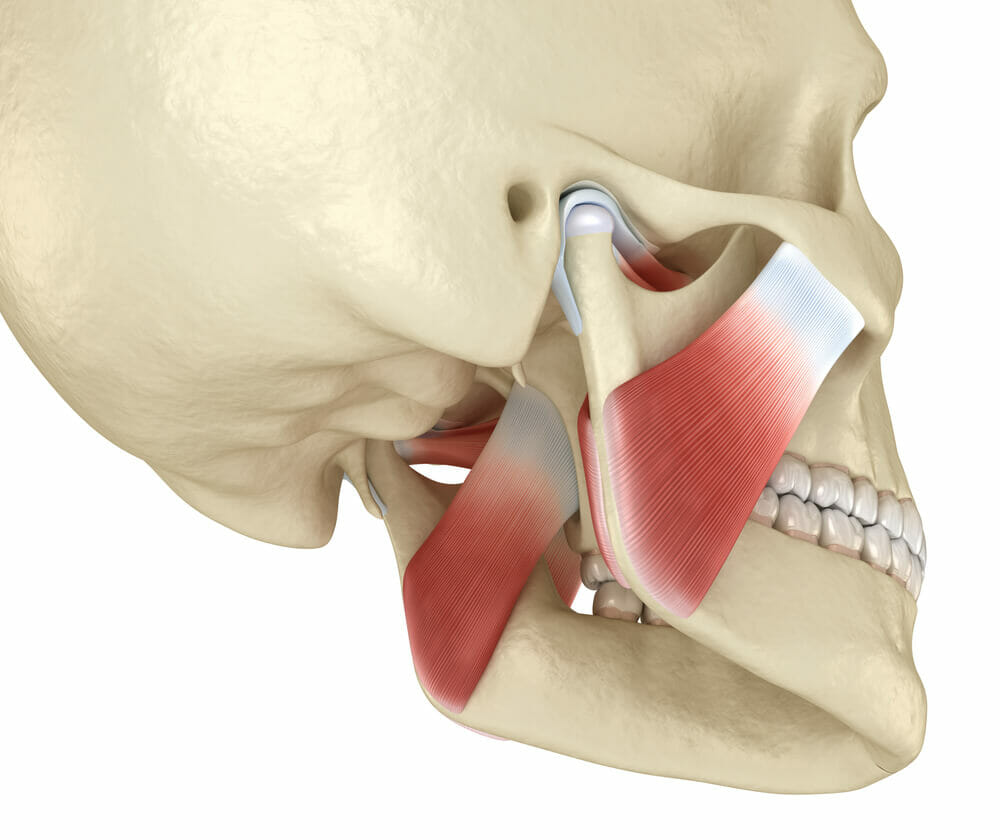Ear And Jaw Pain On One Side
The temporomandibular joint (TMJ) is the name of the joints that connect the jawbone to the base of the skull. They are essential for many functions, including speaking and chewing. TMJ disorder is the term used to describe a TMJ problem.
You may also experience other symptoms like clicking, locking, or difficulty opening your mouth. Other symptoms include a feeling of blockage in the ear (tinnitus) and difficulty chewing hard foods.
Many factors, including muscle weakness, tightness, discoordination, jaw joint instabilities, poor postures, arthritis, or neck dysfunction, cause TMJ disorders. Jaw physiotherapy can be used to treat TMJ disorders. A jaw physiotherapist can diagnose the disorder. Jaw physiotherapists can identify the problem and use manual physical therapy to relieve the pain and restore the jaw’s normal function.
Dental Problems
Other symptoms you might experience if dental issues are causing your jaw pain include sensitive teeth, tooth pain, and painful gums. Cavities, misaligned teeth, missing teeth, teeth grinding, and the growth of wisdom teeth are some dental issues that can cause pain in your jaw. If dental problems are causing jaw pain, a dentist can offer you a treatment plan.
Sinusitis
Inflammation of the nasal cavity is often caused by a cold or allergies. Inflamed sinus cavities can cause pain behind the cheeks.
Other symptoms of sinusitis are:
- Nasal congestion.
- Swelling or pain in the face.
- Pressure on your head and ears.
- Fatigue.
It is common for sinusitis to clear up on its own. However, you should consult a doctor if the condition persists over a week.
Heart Attack
Some heart attacks can cause one-sided pain in the jaw. If you experience jaw pain, shortness of breath, pain or tightness in the chest or arms, nausea, vomiting, or extreme fatigue, seek medical attention immediately.
Osteomyelitis
Only in rare cases is osteomyelitis seen. It is unlikely to be the source of your jaw discomfort, but if it is difficult to identify the cause, your doctor may want to rule this out. Osteomyelitis is caused by bacteria infecting bone. It’s a severe bone infection.
Your jawbone could be infected if you’ve recently had a dental procedure or suffered a jaw injury. Other symptoms are fever, swelling of the teeth or jaws, pain that worsens over time, and difficulty opening and closing the mouth. If you are suffering from osteomyelitis, it is essential to seek medical attention immediately.
Trigeminal Neuralgia
It is less likely that trigeminal neuropathy could cause jaw pain. However, it’s still worth checking with your doctor. Pressure on the trigeminal nervous system can cause sudden, severe pain. When you move facial muscles, you may also experience twitching and pain in the lower jaw, cheek, or mouth area.
Relief Options
Jaw pain, in general, does not cause concern. If your jaw pain is severe and sudden, particularly after an accident, or if it’s accompanied by chest discomfort, sweating, or shortness of breath, you should see a doctor immediately.
Try the following at home for mild or temporary jaw discomfort:
- Cold compresses can help to reduce swelling or numb the pain
- Warm compresses to relax muscles
- Ibuprofen, a non-prescription pain reliever that reduces pain and inflammation
- Avoid gums and foods that are difficult to chew.
Seek professional help if your pain persists or worsens over time. The list above is incomplete. You should seek professional advice to find out the exact cause of jaw pain.
Jaw pain is not something you have to endure. Find the cause of the jaw pain and relieve the symptoms to live a pain-free life. Integrity Physio offers jaw physiotherapy in Perth and treatment for TMJ.
